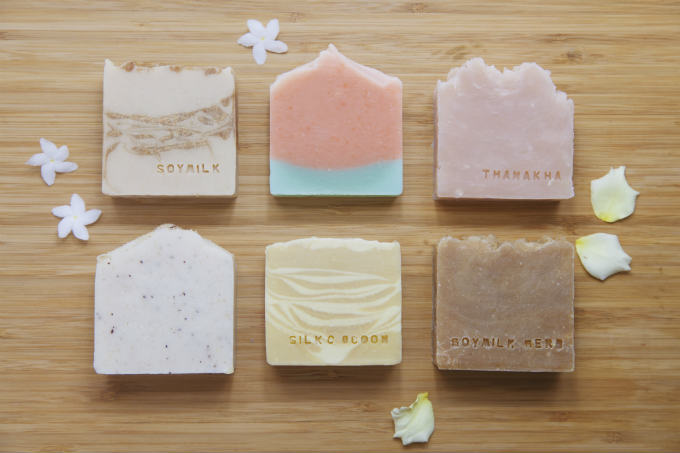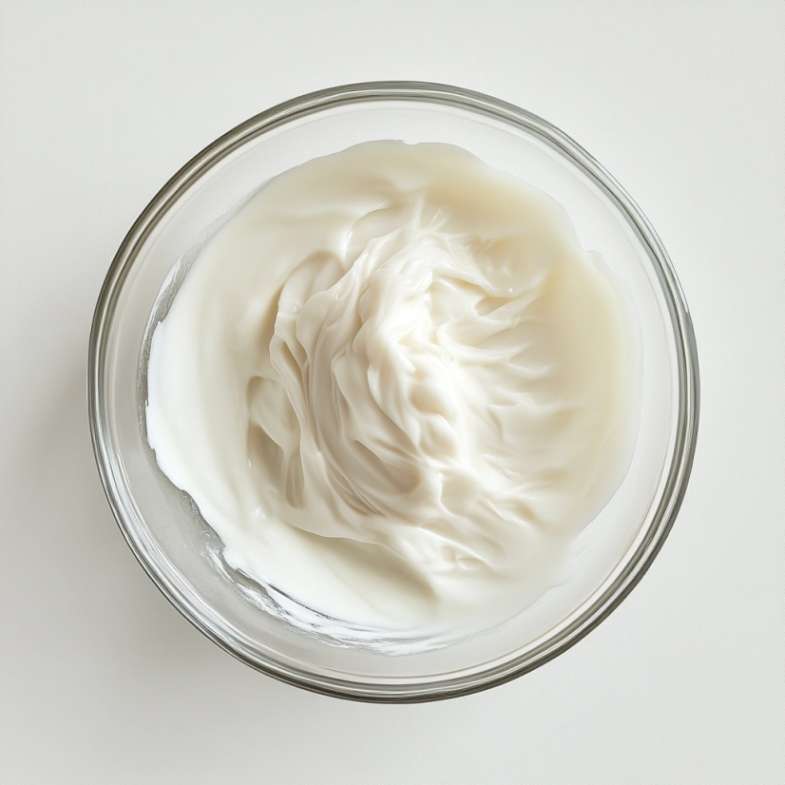Natural Soap Making For Beginners

Natural Soap Making for Beginners: A Step-by-Step Guide 🧼✨
Have you ever wanted to create your own chemical-free, skin-loving soap? 🌿 Making natural soap at home is not only fun but also rewarding! You control the ingredients, ensuring it’s free from harmful additives while being gentle on your skin and the environment.
In this guide, we’ll walk you through everything you need to know—from the basics of soap making to must-try recipes, tips, and FAQs! Let’s dive in! 🛁
🧐 Why Make Your Own Natural Soap?
Store-bought soaps often contain harsh chemicals, synthetic fragrances, and preservatives that can irritate your skin. By making your own soap, you can:
✔️ Customize ingredients for your skin type
✔️ Avoid toxins found in commercial soaps
✔️ Save money over time
✔️ Reduce waste with eco-friendly packaging
✔️ Get creative! Make beautiful, unique soaps for yourself or as gifts 🎁
🛠️ What You Need to Get Started
Before we jump into recipes, let’s go over some essential tools and ingredients:
Basic Tools:
🔹 Digital scale – For precise measurements
🔹 Thermometer – To check temperatures
🔹 Immersion blender – To mix ingredients
🔹 Heat-resistant bowls – For mixing
🔹 Soap molds – Silicone molds work best
🔹 Gloves & goggles – Safety first! 🦺
Key Ingredients:
🛢️ Oils & butters (e.g., olive oil, coconut oil, shea butter)
💧 Lye (Sodium Hydroxide) – A must for traditional soap making
🌿 Essential oils – For natural fragrance
🌸 Dried herbs & botanicals – For decoration and skin benefits
🌾 Natural colorants (e.g., turmeric, activated charcoal, clays)
🧪 The Science Behind Soap Making
Soap is made through saponification, a process where oils or fats react with lye to create soap and glycerin. Lye is essential for this reaction—without it, your soap won’t harden! But don’t worry, after curing, the lye is completely neutralized, making the soap safe and nourishing. 🛁
📜 Beginner-Friendly Soap Recipe: Coconut & Olive Oil Soap
This gentle soap is moisturizing and lathers beautifully!
Ingredients:
- 450g olive oil (moisturizing)
- 250g coconut oil (creates lather)
- 100g shea butter (nourishing)
- 120g lye (sodium hydroxide)
- 250g distilled water
- 20 drops lavender essential oil (optional)
- 1 tbsp dried lavender (for decoration)
Instructions:
1️⃣ Prepare your workspace – Wear gloves and goggles! Work in a ventilated area.
2️⃣ Mix lye solution – Slowly add lye to distilled water (never the other way around). It will heat up—let it cool to about 40°C.
3️⃣ Melt oils & butters – Heat coconut oil and shea butter, then mix with olive oil. Let it cool to 40°C.
4️⃣ Blend & saponify – Slowly add the lye solution to the oils while blending with an immersion blender until it reaches “trace” (thick pudding-like texture).
5️⃣ Add essential oils & herbs – Stir well.
6️⃣ Pour into molds – Tap to remove air bubbles.
7️⃣ Cure for 4-6 weeks – Keep in a cool, dry place. Flip bars weekly.
🎉 Enjoy your homemade soap!

🎨 Customization Ideas
Want to take your soap-making to the next level? Try these:
🌿 Herbal Infusions – Steep herbs in oils before mixing.
🌞 Citrus Zest – Add orange or lemon zest for a fresh scent.
💚 Activated Charcoal – Detoxifying & great for oily skin.
🌼 Oatmeal & Honey – Soothing for sensitive skin.
💡 Tips for Success
✅ Measure accurately – Soap making is chemistry!
✅ Always add lye to water (never the other way around).
✅ Use a soap calculator to adjust ingredient ratios.
✅ Let soap cure fully before using for best results.
✅ Store in a cool, dry place to extend shelf life.
❓ Common Questions & Answers
Q: Is lye dangerous to use?
A: Lye is caustic in raw form, but once soap is fully cured, it’s completely safe. Just follow safety precautions like gloves and ventilation. 😷
Q: Can I make soap without lye?
A: Technically, no. But you can use melt-and-pour soap bases, which have already undergone saponification. Great for beginners! 🎨
Q: How long does homemade soap last?
A: Natural soap lasts 6-12 months when stored properly. Keep it dry between uses to extend its life.
Q: Why is my soap soft or crumbly?
A: This could be due to incorrect oil ratios or not enough curing time. Double-check your recipe! 🧐
🎁 Final Thoughts: Start Your Soap-Making Journey Today!
Making natural soap at home is fun, rewarding, and healthier for your skin! Whether you’re crafting for personal use or considering selling your creations, this skill is a game-changer. 🛁💖
So what are you waiting for? Grab your ingredients and start experimenting! ✨ Let us know in the comments—what scent or ingredient would you love to try first? 😊
Happy soap-making! 🧼💚